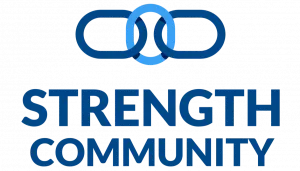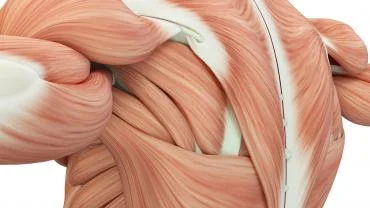Guest Blog by Designs for Sport
Adequate protein intake with the full complement of amino acids, especially the branched-chain amino acids like leucine, are important for ensuring the building blocks for building healthy muscles. However, muscle health requires more nutrition than just protein. Consuming a nutritious diet to ensure sufficient levels of essential nutrients and phytochemicals, especially those that support muscle growth, repair, and function, also helps maintain healthy muscles for athletes and non-athletes alike.
Vitamin D
Vitamin D plays multiple important roles in muscle function, including regulation of the activation of mitogen-activated protein kinase (MAPK) signaling pathways, myogenesis, cell proliferation and differentiation, and regulation of protein synthesis. There are also vitamin D receptors in skeletal muscle cells. Vitamin D deficiency has been associated with weakness, muscle atrophy, sarcopenia, and an increased risk of musculoskeletal pain. Studies have found an association between vitamin D3 supplementation and muscle strength, especially when combined with resistance training, although some of the efficacy may be due to a person’s vitamin D status.
Minerals
Minerals also play important roles in muscle health. Magnesium plays a role in muscle contraction and relaxation, protein synthesis and turnover, and energy metabolism, and it may also support muscle strength and exercise recovery. One study found a correlation between magnesium intake and muscle health by using grip strength, fat-free mass, and bone mineral density as markers. Those with a higher intake of magnesium also had a greater grip strength, more fat-free mass, and greater bone density. A systematic review found that magnesium supplementation may provide benefits to muscle strength and function to those with a magnesium deficiency. Another systematic review also found a correlation between selenium, calcium, magnesium, and zinc intake with muscle mass and physical performance.
Omega-3 Fatty Acids
In addition to vitamins and minerals, omega-3 fatty acids also support muscle health. Studies have found that omega-3 fatty acids may help muscle protein synthesis, may help support a healthy inflammatory response, may protect against oxidative damage, and may mediate cell signaling to support healthy aging muscles. One study on older women found that 2 g per day of dietary omega-3 fatty acid supplementation for 90 days, along with strength training, led to additional increases in functional capacity and strength.
There are many nutrients beyond protein that support muscle function, recovery, and strength. Those outlined here are only some of the larger nutrients required for muscle health. Maintaining a pattern of eating that is rich in colorful fruits and vegetables and other whole foods, along with adequate protein sources, can go a long way toward ensuring adequate nutrition for building and maintaining normal muscle function. For those who are deficient in certain nutrients, additional support with supplementation may also be required for muscle health.

